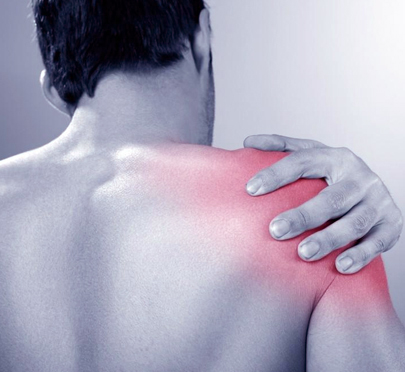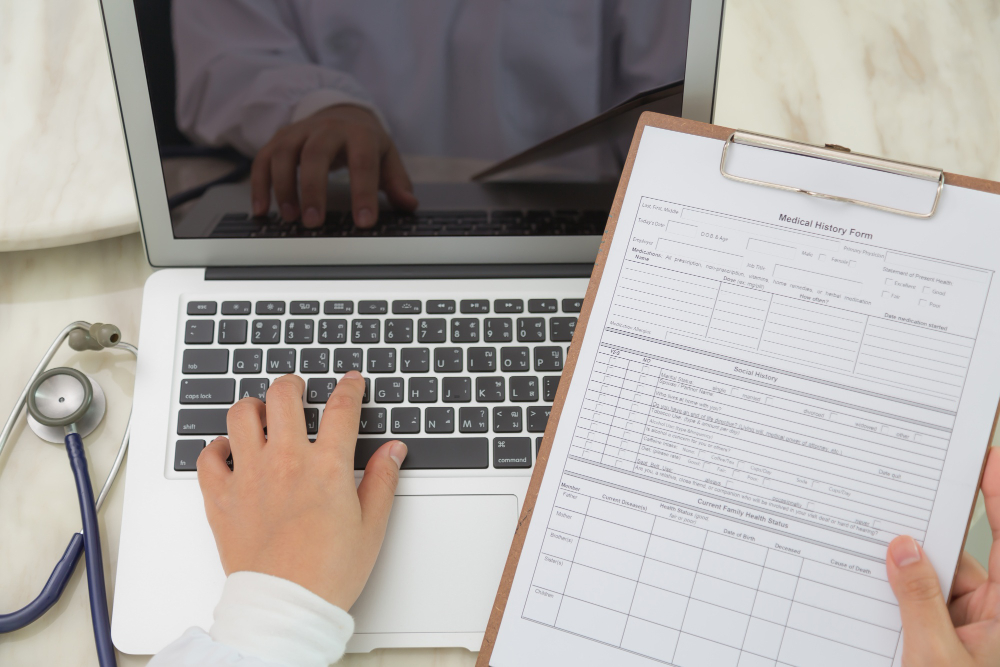Millions of people die each year from heart disease, which continues to be a leading cause of death globally. It is crucial to recognize the early indications of a Heart Attack since they might mean the difference between life and death. This essay digs into these vital indicators, arming you with knowledge that might help you or a loved one avoid death.
The Stealthy Nature of Heart Attacks
It’s critical to understand that Heart Attacks can be sly before going over the warning indicators. They don’t always make their presence known by dramatic chest-clutching sequences as we sometimes see in films. Early diagnosis is crucial since many heart attacks are quiet, subtle, and deceiving.
1. Chest discomfort or pain
Chest pain or discomfort is the most well-known heart attack sign. In the middle or left side of the chest, it frequently feels like extreme pressure, squeezing, fullness, or severe pain. This feeling could last for many minutes or it might come and go. Even yet, chest discomfort should always be handled seriously even if it is not necessarily a sign of a heart attack.
2. Pain Radiating to the Arm(s)
Although it can also affect the right arm, heart attack pain often spreads to the left arm. It could spread to the stomach, back, neck, or jaw. It’s common to characterize this discomfort as numbness or tingling.
3. Shortness of Breath
It may be an indication of a Heart Attack if you suddenly find it difficult to breathe. Chest discomfort or no chest pain, shortness of breath, and a sense of impending doom might all be present.
4. Nausea and Vomiting
Some people throw up or feel sick during a heart attack. Although these symptoms are frequently misinterpreted as digestive problems, they might really be cardiac warning signs.
5. Cold Sweats
Excessive perspiration might be a sign of a Heart Attack, especially if it’s chilly and humid outside. These sweats might appear quickly and heavily.
6. Lightheadedness or Dizziness
Another probable heart attack sign is feeling lightheaded dizzy, or even fainting. It might happen unexpectedly and without warning.
7. Unexplained Fatigue
Even with very light physical exercise, persistent and unexplained weariness may indicate a cardiac condition. If you notice that you’re feeling abnormally exhausted, pay attention.
8. Indigestion or Heartburn
Sometimes, people confuse heart attack symptoms with heartburn or indigestion. This is particularly frequent in those who have never had a heart attack previously.
9. Anxiety
Sometimes a heart attack is preceded by intense anxiety or a feeling of impending doom. Your body may be attempting to warn you of an imminent medical emergency.
Unique Symptoms in Women
It’s important to remember that Heart Attack symptoms might vary between men and women. Women may exhibit less common warning indicators, such as:
-
Back, neck, or jaw pain: Aches and pains in these regions, particularly when they go undiagnosed, can be symptoms of a heart attack in women.
-
Unaccounted exhaustion: Women may suffer severe exhaustion more frequently than men do, which might be an indication of a heart attack.
-
Breathlessness: This symptom might be more severe in women and occasionally happens even in the absence of chest discomfort.
The Value of Quick Action
Recognizing a heart attack’s early warning signs is the first step in treating one. To improve the chance of a good outcome, quick action is necessary. What you should carry out is:
-
If you or someone close to experiencing these symptoms, call 911 or your local emergency number straight away. Paramedics can start treating patients en route to the hospital, potentially saving lives.
-
Chew one aspirin tablet, which normally has 325 mg of aspirin, if you have access to it and are not allergic to it. This will help thin your blood and reduce your risk of future coronary artery bleeding.
-
Rest and Remain Calm: While you wait for medical assistance, try to remain as calm as you can and sit or lie down. Your heart can work less hard if you get some rest.
Absolutely, recognizing the early warning signs of a heart attack is paramount, and taking swift action can be a lifesaver. However, please keep in mind that the choice of a specific healthcare facility, such as Starcare Hospital, should be based on your location and individual circumstances.
In the event of a heart attack or any medical emergency, the most crucial step is to call 911 or the emergency number in your area immediately. Local emergency responders, including paramedics and ambulance services, are trained to assess your condition and guide you to the nearest and most appropriate medical facility for your needs.
When it comes to Heart Attacks, time is of the essence, and seeking prompt medical attention can significantly improve the chances of a positive outcome. Therefore, always prioritize your health and safety by taking quick action when faced with potential cardiac symptoms and following the guidance of local emergency services.





